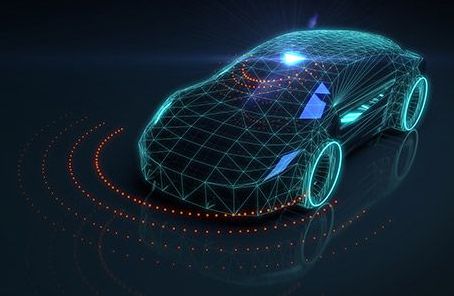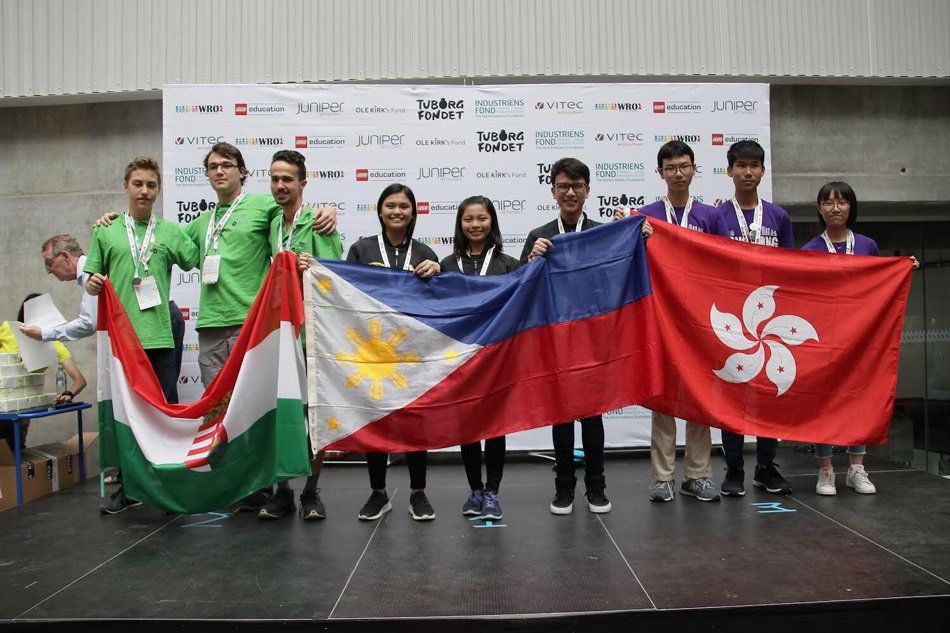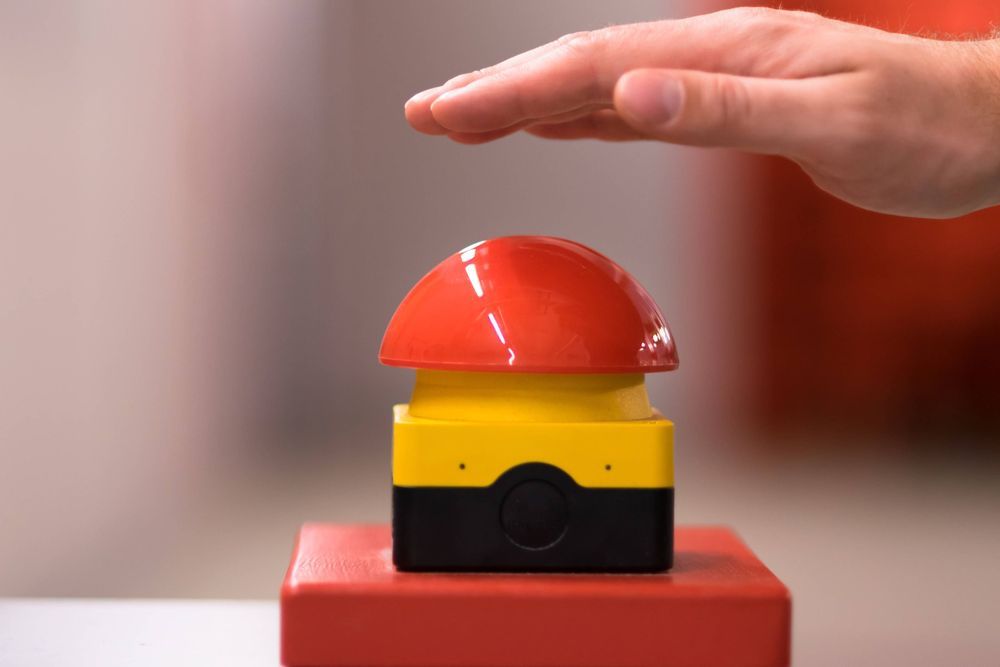Today (Aug. 6) is going to be a big day in space!
After a Cygnus cargo spacecraft departs the International Space Station this afternoon, SpaceX and Arianespace will be launching a total of three new communications satellites into orbit. You can watch all three events live here at Space.com.
First, the Cygnus cargo ship will undock from the space station at 12:15 p.m. EDT (1615 GMT). NASA astronauts Nick Hague and Christina Koch will use the station’s Canadarm2 robotic arm to release the vessel into the vacuum of space. NASA TV will provide live coverage of the send-off beginning 15 minutes prior to its departure.









